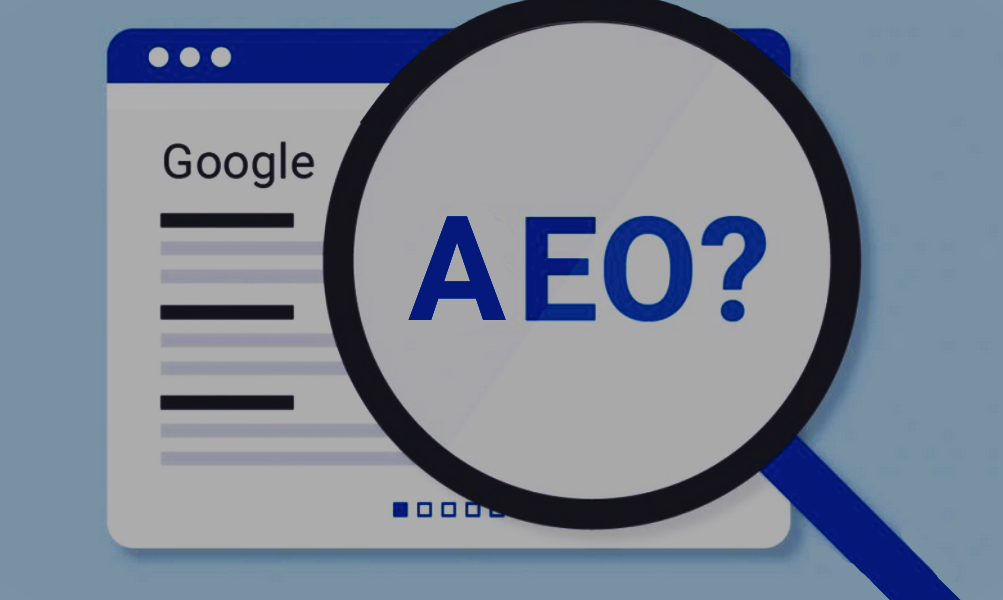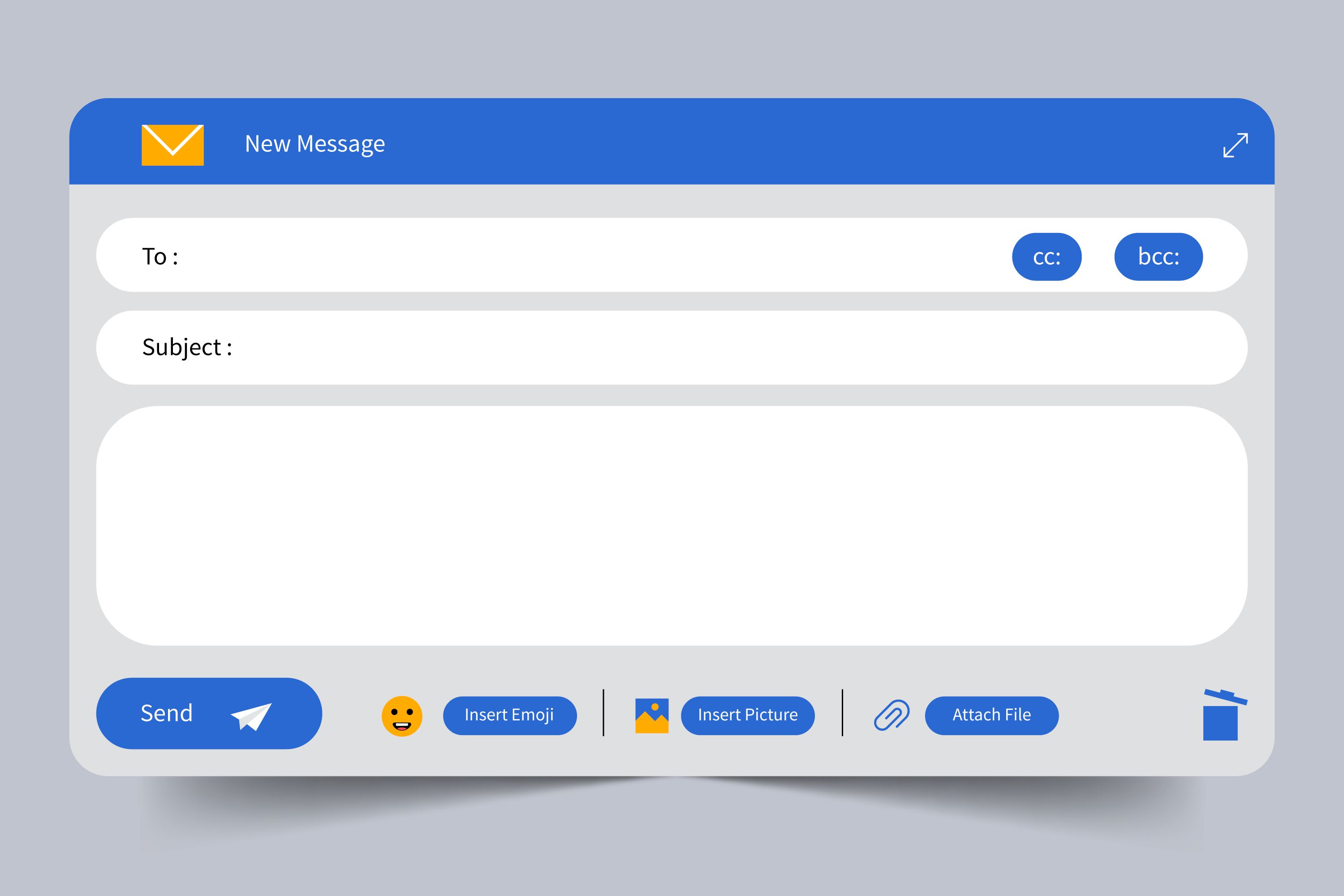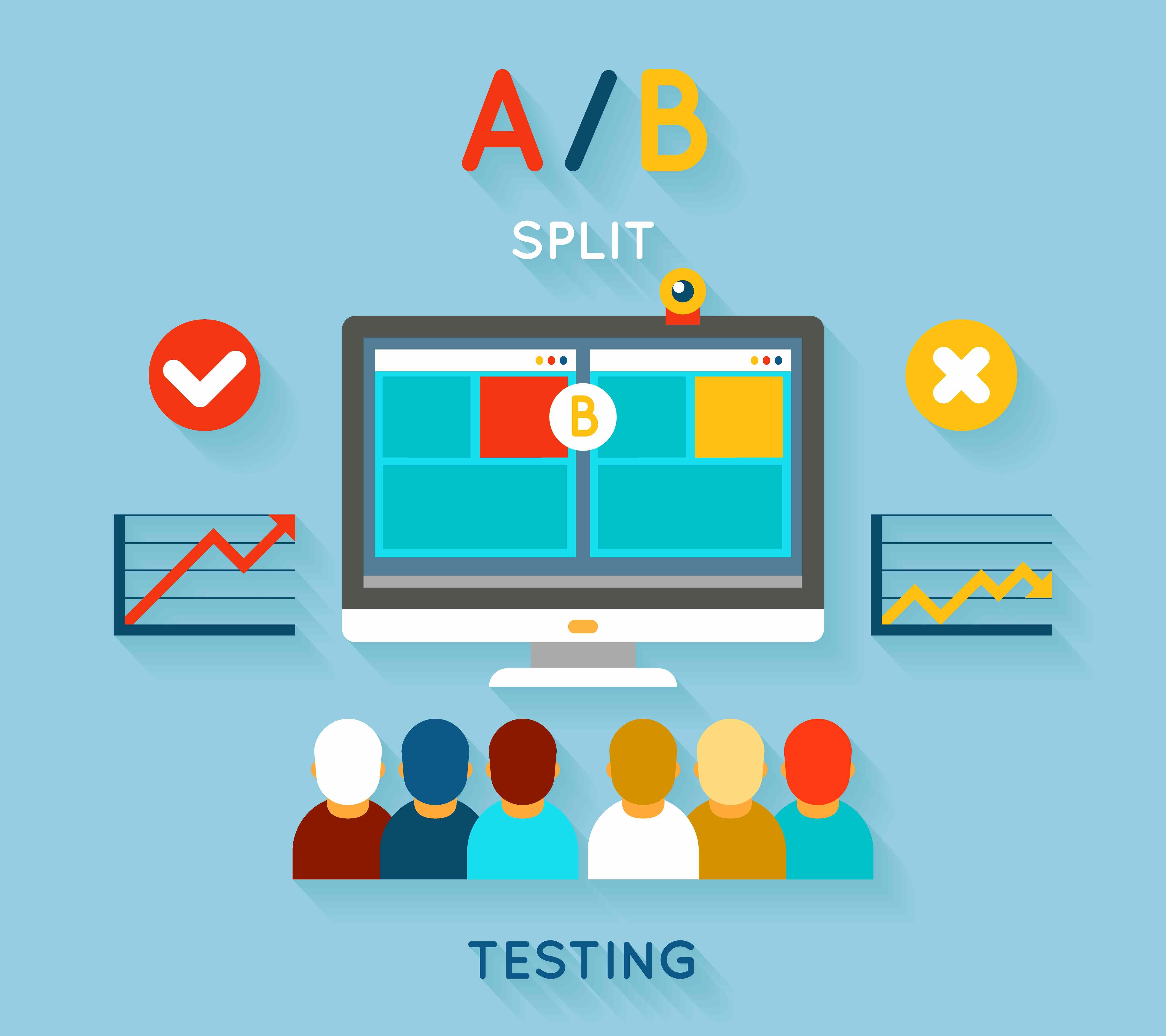Written by M-Ahmed
Saturday, July 6, 2024 at 3:55 PM
In today`s fast moving tech world, DevOps has emerged as a vital exercise for bridging the distance among software program improvement and IT operations. As a discipline, DevOps emphasizes collaboration, automation, and non-stop improvement, allowing businesses to supply software program greater successfully and reliably. This complete roadmap will manual you via the important thing tiers and competencies had to emerge as a DevOps expert.
Introduction
In today`s fast-moving tech world, DevOps has emerged as a vital exercise for bridging the distance between software program improvement and IT operations. As a discipline, DevOps emphasizes collaboration, automation, and non-stop improvement, allowing businesses to supply software programs greater successfully and reliably. This complete roadmap will manual you via the important thing tiers and competencies to emerge as a DevOps expert.
Phase 1: Understanding the Basics
1.1. Foundational Concepts
What is DevOps?: Understand the middle concepts and practices that outline DevOps. Read approximately its records and evolution.
1.2. Key Concepts and Terminology
- Continuous Integration (CI): Study how CI facilitates integrating code modifications often and robotically trying them out.
- Continuous Delivery (CD): Learn the manner of handing over software programs in brief cycles, making sure they can be launched at any time.
- Infrastructure as Code (IaC): Understand how IaC lets you to control and provision computing infrastructure the use of code.
Phase 2: Development Skills
2.1. Programming and Scripting Languages
- Python: A flexible language for automation scripts and device integration.
- Bash/Shell Scripting: Essential for Unix/Linux machine administration.
- Other Languages: Familiarize yourself with Ruby, Go, or JavaScript, frequently utilized in DevOps tools.
Phase 3: Automation and Configuration Management
3.1. CI/CD Tools
- Jenkins: Set up and configure Jenkins for computerized builds and deployments.
- GitLab CI/CD: Learn GitLab`s included CI/CD pipeline features.
- CircleCI: Explore CircleCI for automating improvement workflows.
3.2. Configuration Management Tools
- Ansible: Use Ansible for computerized configuration and alertness deployment.
- Puppet: Understand how Puppet manages infrastructure as code.
- Chef: Learn the Chef's technique for automation and infrastructure management.
Phase 4: Infrastructure as Code (IaC)
4.1. IaC Tools
- Terraform: Master Terraform for building, changing, and versioning infrastructure effectively and efficiently.
- CloudFormation: Learn AWS CloudFormation for modeling and putting in place AWS resources.
Phase 5: Containerization and Orchestration
5.1. Containers
- Docker: Understand the fundamentals of Docker, containerization, and box lifecycle management.
- Container Security: Learn fine practices for securing containers.
5.2. Container Orchestration
Kubernetes: Delve into Kubernetes for box orchestration. Learn approximately clusters, pods, services, and deployments.
Helm: Use Helm to control the Kubernetes application
Phase 6: Cloud Computing and Infrastructure
6.1. Cloud Service Providers
- AWS: Gain talent in AWS offerings which include EC2, S3, RDS, and IAM.
- Azure: Learn approximately Azure`s middle offerings and control tools.
- Google Cloud Platform (GCP): Familiarize yourself with GCP services and first-rate practices.
6.2. Cloud Architecture
- Designing Scalable Systems: Understand a way to layout and put in force scalable, fault-tolerant systems.
- Cost Management: Learn techniques for coping with and optimizing cloud costs.
Phase 7: Monitoring and Logging
7.1. Monitoring Tools
- Prometheus: Use Prometheus for tracking and alerting.
- Grafana: Visualize metrics and logs with Grafana.
7.2. Logging Tools
- ELK Stack (Elasticsearch, Logstash, Kibana): Set up and manipulate the ELK stack for logging and information visualization.
- Splunk: Learn a way to use Splunk for operational intelligence and log management.
Phase 8: Security and Compliance
8.1. Security Best Practices
- DevSecOps: Integrate safety practices into the DevOps pipeline.
- Vulnerability Management: Use equipment like OWASP ZAP and Snyk for vulnerability scanning and management.
8.2. Compliance and Governance
- Policy Enforcement: Implement regulations to make sure compliance with regulations.
- Auditing and Reporting: Set up auditing and reporting mechanisms for compliance.
Phase 9: Advanced Topics
9.1. Site Reliability Engineering (SRE)
- Introduction to SRE: Understand the ideas and practices of SRE as described via way of the means of Google.
- Error Budgets: Learn approximately mistakes budgets and the way they stability reliability and characteristic development.
- SLA, SLO, SLI: Master the standards of Service Level Agreements, Objectives, and Indicators
9.2. Chaos Engineering
- Principles of Chaos Engineering: Understand the significance of checking out systems` robustness via chaos engineering.
- Tools: Explore equipment like Chaos Monkey for injecting disasters into your machine to check resilience.
9.3. Advanced Kubernetes
- Custom Resources and Operators: Learn to increase Kubernetes capability the usage of custom assets and operators.
- Service Mesh: Study carrier mesh technology like Istio for handling microservices communication.
9.4. Serverless Architecture
- Functions as a Service (FaaS): Explore serverless computing with AWS Lambda, Azure Functions, or Google Cloud Functions.
- Use Cases and Best Practices: Understand how and the way to use serverless structure effectively.
Do you Need DevOps Services? Contact Us
Phase 10: DevOps Culture and Transformation
10.1. Cultural Change
- Building a DevOps Culture: Learn techniques for fostering a collaborative and open lifestyle that helps DevOps practices.
- Overcoming Resistance: Understand not unusual place obstacles to DevOps adoption and techniques to triumph over them.
10.2. Metrics and KPIs
- Measuring DevOps Success: Identify key overall performance indicators (KPIs) to degree the effectiveness of your DevOps initiatives.
- Continuous Improvement: Use metrics to powernon-stop development in practices.
Resources and Learning Platforms
11.1. Online Courses Coursera and Udacity: Enroll in specialized DevOps publication presented via way of means of pinnacle universities and enterprise experts. Pluralsight and Udemy: Access a huge variety of DevOps tutorials and publications for all ability levels.
11.2. Books The Phoenix Project via way of means of Gene Kim, Kevin Behr, and George Spafford: A novel approximately IT, DevOps, and assisting your enterprise win.
The DevOps Handbook via way of means of Gene Kim, Jez Humble, Patrick Debois, and John Willis: Guidance on the way to enforce DevOps practices. Site Reliability Engineering via way of means of Niall Richard Murphy, Betsy Beyer, Chris Jones, and Jennifer Petoff: Insights into SRE practices from Google.
11.3. Blogs and Publications DevOps.com: Stay up to date with the trendy news, articles, and resources.
The New Stack: Read in-intensity articles on DevOps and associated technologies.
11.4. Certifications AWS Certified DevOps Engineer – Professional: Validate your understanding of AWS DevOps practices.
Google Professional DevOps Engineer: Demonstrate your abilities in Google Cloud Platform DevOps.
Docker Certified Associate: Show your skillability with Docker and containerization.
Conclusion
Mastering DevOps calls for a mixture of technical skills, sensible revel in, and a dedication to non-stop learning. By following this complete roadmap, you'll accumulate the information and hands-on revels had to excel in the subject of DevOps. Embrace the journey, live curious, and usually search for possibilities to use and refine your skills. With determination and perseverance, you become a DevOps expert, able to provide good-sized upgrades in software program transport and operational performance inside any organization.






